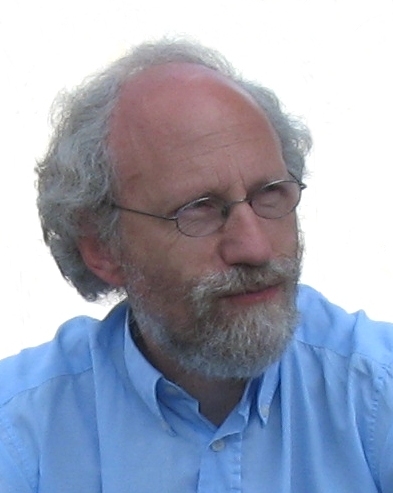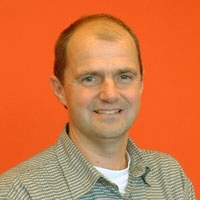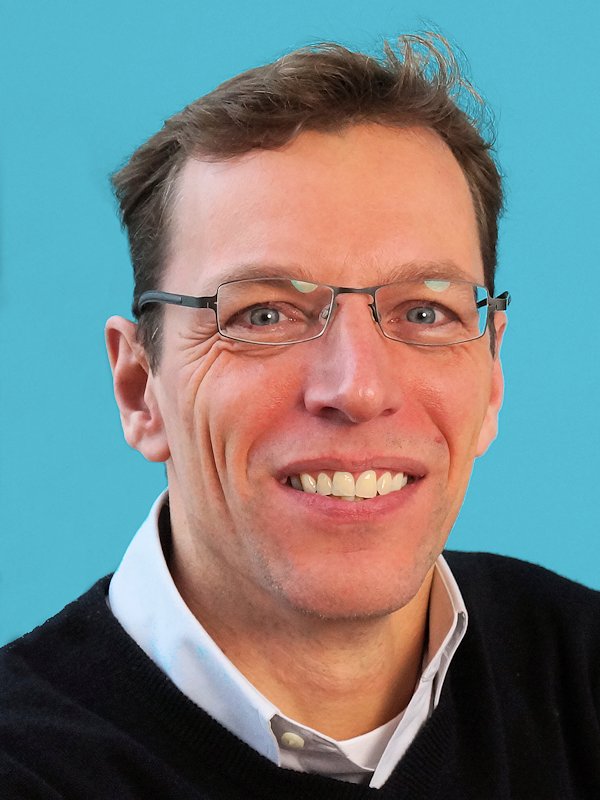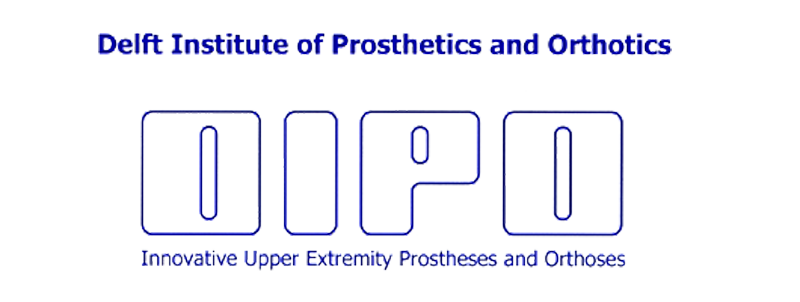About us
DIPO Mission
The Delft Institute of Prosthetics and Orthotics is dedicated to advance prosthetic and orthotic systems, and to increase basic knowledge of human interactions with these systems. The research is conducted in close collaboration with rehabilitation centres to ensure clinical interactions and applications.
DIPO Passion
To provide prostheses that fulfill the three basic requirements: cosmetics, comfort, and control.
The design efforts focus on mechanical solutions. They inherently provide feedback [control], can have a low mass [comfort], and can be made relatively small [cosmetics]. Where, despite all measures to minimize energy requirements, mechanical solutions cannot be applied, pneumatical actuation is thought of as superior to electro-mechanical solutions.
Rationale
Through our long standing participation in several rehabilitation treatment teams we have learned that someone with an arm defect has three wishes for his/her prosthesis: it must be beautiful, it must be easy to wear, and it must be easy to control. DIPO has translated these three wishes into the three basic requirements for a prosthesis: cosmetics, comfort, control. Unfortunately, none of the currently available prostheses fulfills all three: some are beautiful, but heavy and difficult to control; where others have a low mass and are relatively easy to control, but do not look nice.
DIPO tries to develop prostheses that fulfill the free basic requirements. In the cosmetic domain, although for a large part subjective, improvements can be engineered by minimalistic constructions close to the skin; the comfort demand largely is about the mass of the prosthesis; and control is about feedback. In control we strive for subconscious, intuitive, natural control, comparable to the control we have over our sound limbs. In an unstructured environment, full of possible disturbances, this only can be achieved through proper and sufficient feedback. From the control methods currently clinically available [harnessing body movements, and myo-electric control] only the harnessing of body movements does provide the indispensable feedback arrangements. Harnessing body movements combines favorably with mechanical solutions for the prosthetic mechanism, because mechanical solutions have a low mass and can be made relatively small.
Faculty
Dick H. Plettenburg, PhD
Director, Delft Institute of Prosthetics and Orthotics
Assistant Professor, Faculty of Mechanical, Maritime, and Materials Engineering, BioMechanical Engineering Department
+31 (0)15 278 5615 ׀ d.h.plettenburg@tudelft.nl

Research Staff
Jan van Frankenhuyzen, BSc
Research/Design Engineer, Faculty of Mechanical, Maritime, and Materials Engineering, BioMechanical Engineering Department
+31 (0)15 278 5614 ׀ j.vanfrankenhuyzen@tudelft.nl

Gerwin Smit, PhD
Post-doc, Faculty of Mechanical, Maritime, and Materials Engineering, BioMechanical Engineering Department
+31 (0)15 278 1688 ׀ g.smit@tudelft.nl
Alistair Vardy, PhD
Post-doc, Faculty of Mechanical, Maritime, and Materials Engineering, BioMechanical Engineering Department
+31 (0)15 278 8646 ׀ a.n.vardy@tudelft.nl
Support staff
Nisse Linskens
Instrument Maker, Faculty of Mechanical, Maritime, and Materials Engineering
+31 (0)15 278 6402 ׀ n.linskens@tudelft.nl
Andries Oort
Instrument Maker, Faculty of Mechanical, Maritime, and Materials Engineering
+31 (0)15 278 6402 ׀ a.oort@tudelft.nl
Affiliated Faculty
Just L. Herder, PhD
Professor, Faculty of Mechanical, Maritime, and Materials Engineering, Precision and Microsystems Engineering Department
+31 (0)15 278 4713 ׀ j.l.herder@tudelft.nl

Students
| PhD: | Mona Hichert |
| MSc: | Marina Pogosian |
| Eric Versluis | |
| Marta Kluba | |
| Aravindan Sooryanarain | |
| Chris Roose | |
| Joost Geraedts | |
| Remco Schipperen | |
| Dirk Doedens | |
| Ronald Bos | |
| BSc: | Sezen Tosunoglu |
| Joep Uijlenbroek |
